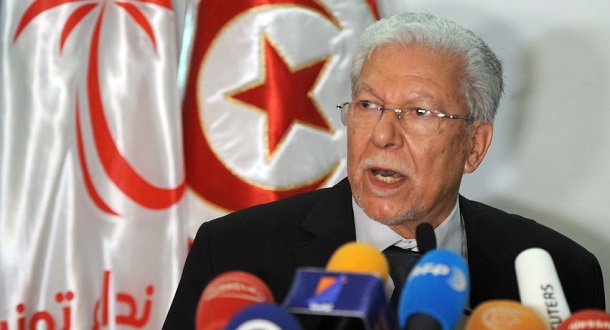Four years after the Arab Spring, Tunisia has elected for the second time – and the alleged result is already leaked: The secular party Nida Tunis will be the winner of the vote.
The secular party Nida Tunis in Tunisia sees “good signs” for a victory in parliamentary elections in Tunisia. That explained the Béji Caid Essebsi party chairman after the polls closed on Sunday evening. Relying on partial results of it also called on Monday morning from the party, the secular alliance have more than 80 seats in the new parliament and gained significantly more than the Islamist Ennahda party. Ennahda is therefore in future 67 of the 217 seats in parliament.
With official results expected at the earliest in the course of Monday – but the information to contradict each other. No later than Thursday, the official results to be known. The Islamist Ennahda party informed that she would not comment ahead to possible outcomes.
An election victory of Nida Tunis would not automatically lead to a secular government: The political landscape in Tunisia is so fragmented that was expected before the election with a difficult coalition formation. The 87-year-old Nida-Tunis-chairman Essebsi had warned before the vote against the Islamist Ennahda. He accuses the two previously undertaken by the governments party to have made social tensions and terrorism in Tunisia advance.
Tunisia Election Results:The feared terror remained from
The turnout was preliminary information shows just under 60 percent – significantly higher than three years ago. On Sunday than 5.2 million inhabitants of the North African country were called to vote. It was the second democratic election since the fall of the ruler Zine el-Abidine Ben Ali 2011th
At the top of the North African country since the beginning of this year is a government of experts led by Prime Minister Mehdi Jomaa. He called the election after his vote on Sunday as “historic”. The day was a glimmer of hope for the “young people in the region,” Jomaa said, referring to the unstable situation in the other countries of the Arab Spring.
Fearing attacks, 80,000 police and soldiers were deployed to secure the election. The feared violence did not materialize, the ballot was largely peaceful, according to observers. “So far, we find that the flow is more than satisfactory”, said on Sunday the head of the EU observer mission, Annemie Neyts-Uyttebroeck.
From Tunisia, the Arab rebellion was assumed that subsequently spread to many other countries. Tunisia is also the only country where the opposition movement resulted in relatively stable democratic conditions. For the November 23 presidential election has announced a.
Error, group does not exist! Check your syntax! (ID: 14)


